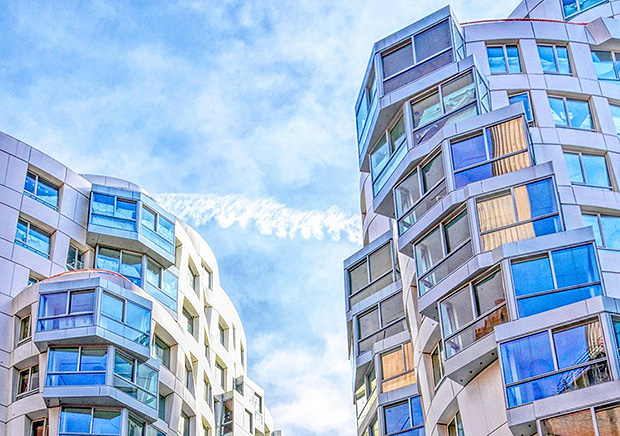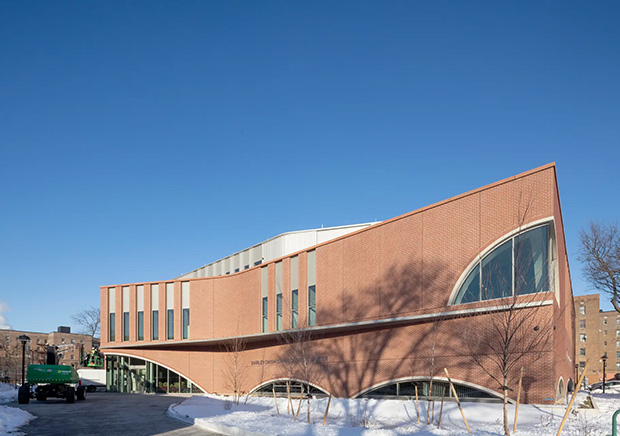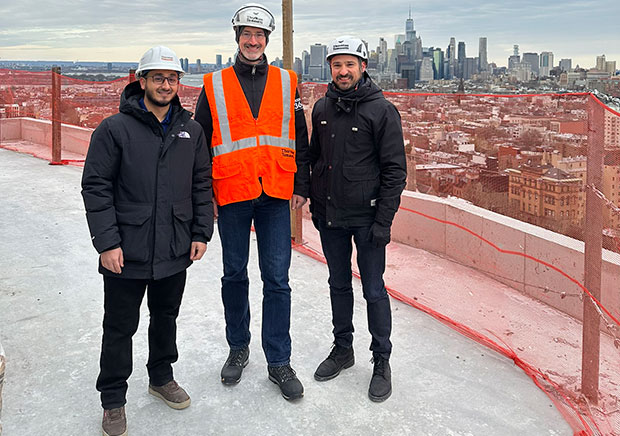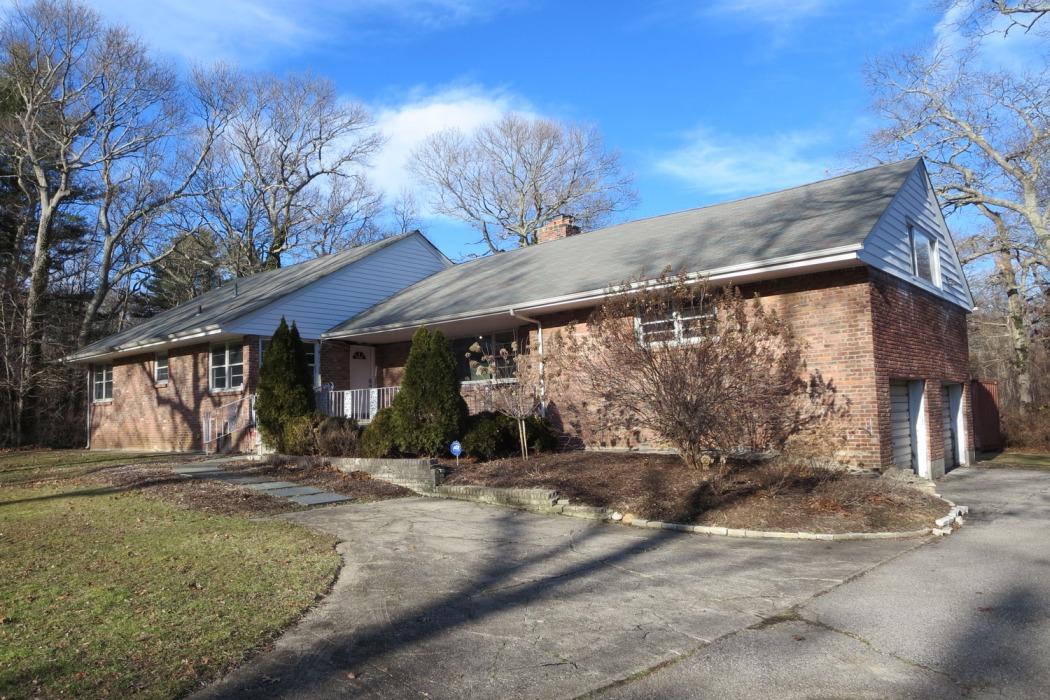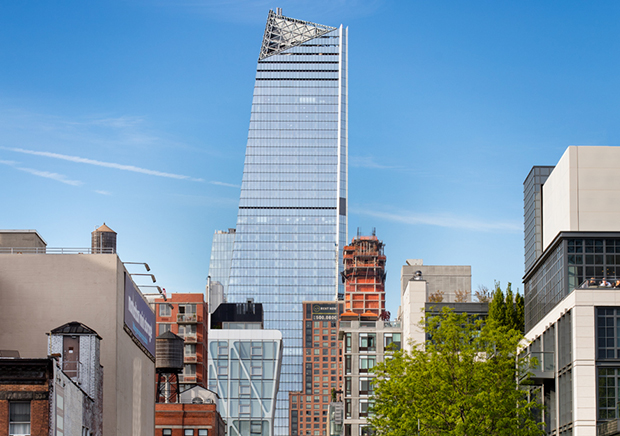
The John & Alice Coltrane Home Renovation
Our sustainability and renewal teams helped transform an influential jazz couple's badly damaged former residence into an exciting new museum and music education center.
overview
Architecturally, the house at 247 Candlewood Path in Huntington, New York, is unremarkable. Historically, it’s invaluable. The 1950s-era building was the home of legendary jazz saxophonist John Coltrane and his wife, Alice, an important jazz musician in her own right. Coltrane composed some of his most influential works there.
In 2007, the house was added to the National Register of Historic Places, but by 2012, it was suffering from neglect, damage from Superstorm Sandy, and widespread mold contamination.
To help transform it into a museum and music education center worthy of the Coltrane legacy, we performed a condition assessment and provided historic preservation services for structural and envelope restoration.
The extensive damage turned out to be a blessing in disguise: the interior finishes and exterior masonry had to be removed, creating the opportunity to pursue the passive house approach. Components of the wall assemblies will be more energy- efficient, while their historic appearance will be restored. Inspired by the mission of the Friends of the Coltrane Home and the cultural significance of this property, we provided our services on this project free of charge.
highlights
- During construction, extraordinary care has been taken to preserve as much of the original structure as possible and, when preservation wasn’t feasible, to closely replicate the original appearance. Even the windows are being replaced with accurate, energy-efficient replicas fabricated especially for this project.
- Storm damage made it necessary to remove the interior finishes, and deterioration of the sheathing required deconstruction of the exterior walls. But though the sheathing was too badly damaged to be rescued, we were able to preserve and reinstall about 80% of the exterior brick – an extraordinary feat, considering the house’s condition. Salvaging the bricks fulfilled both preservation and sustainability goals.
- Our sustainability and renewal teams performed energy modeling of the walls to improve their performance while maintaining the historic appearance.
- Construction is well underway, with the goal of opening the house to the public by September 23, 2026, the 100th anniversary of John’s birth.




